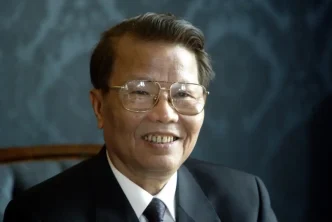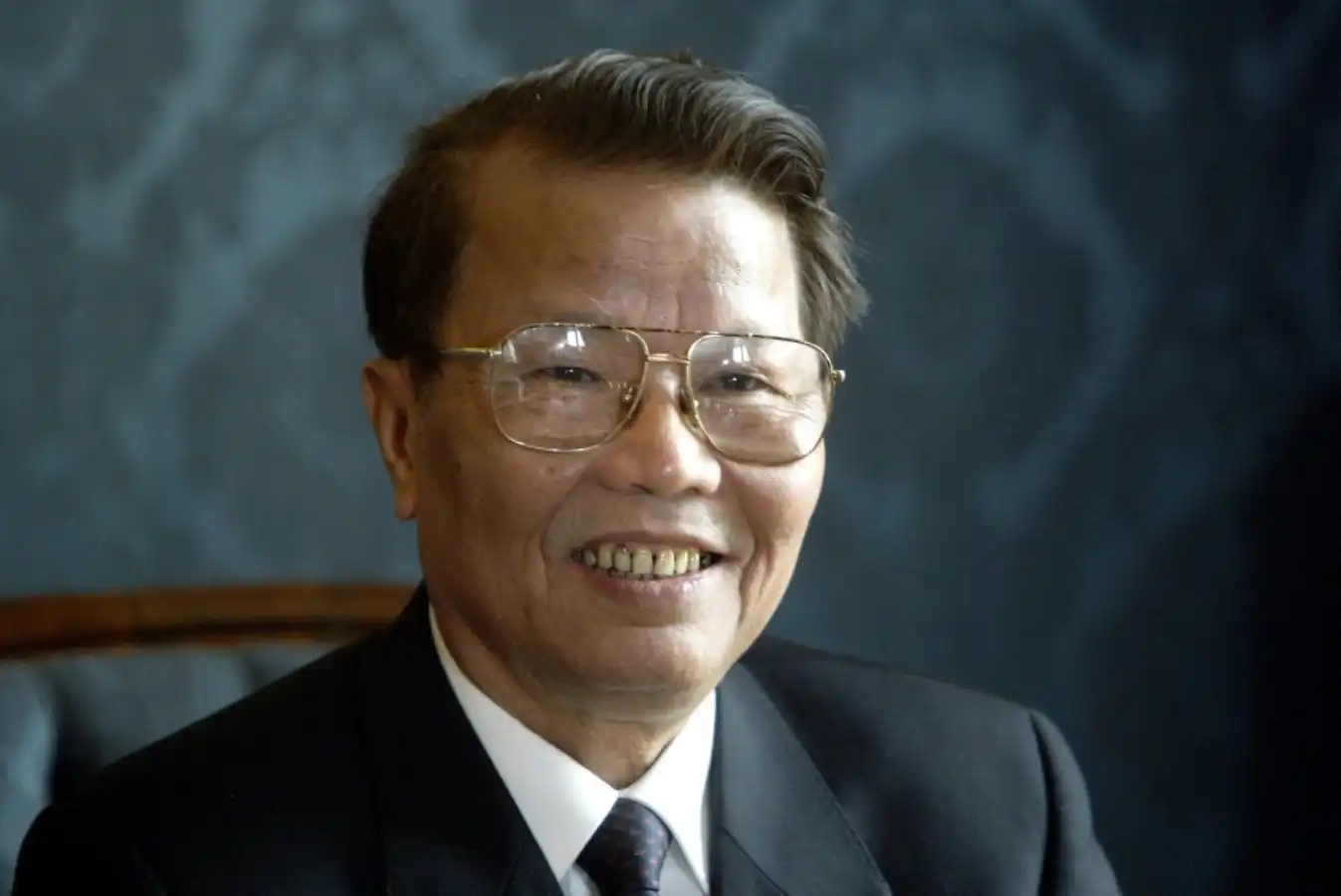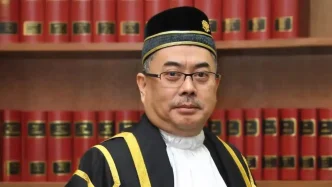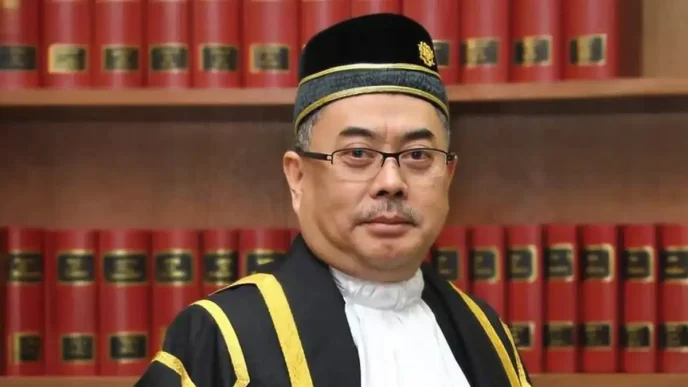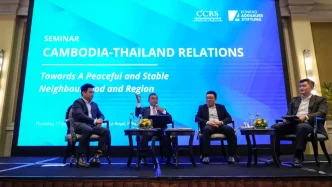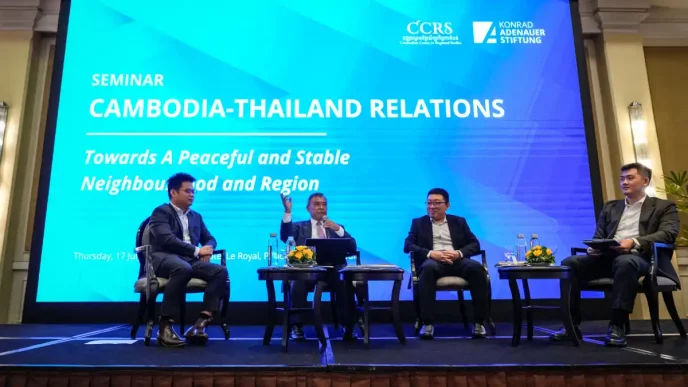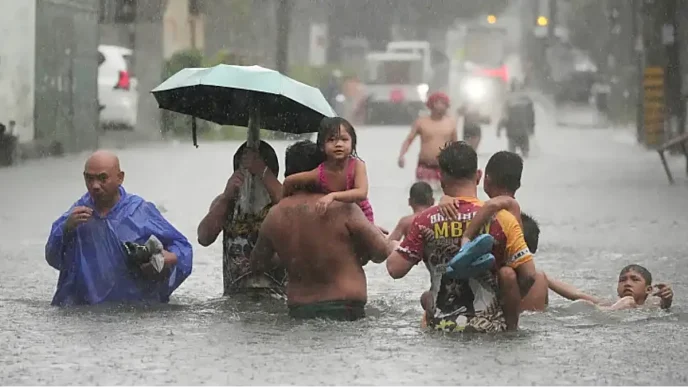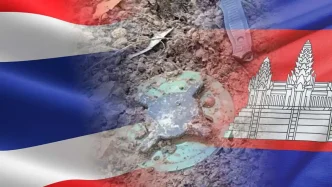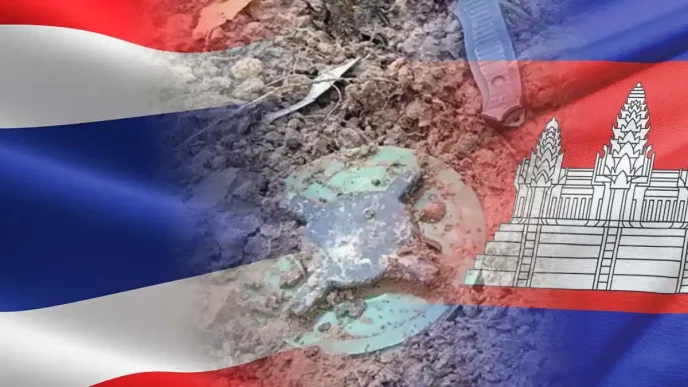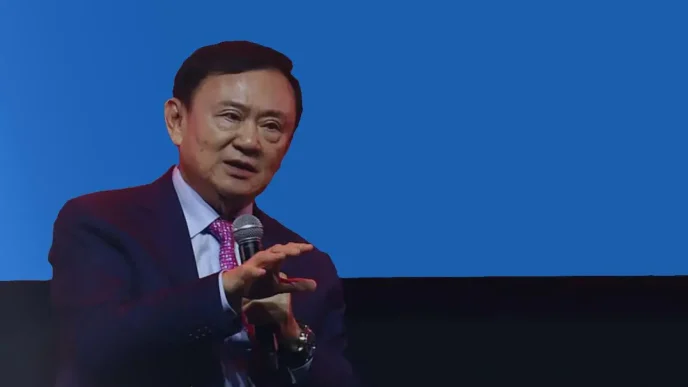Vietnam is set to honor the legacy of former State President Trần Đức Lương, who passed away on May 20, 2025, at the age of 88, with a national funeral marked by two days of mourning. A special communiqué from the Communist Party of Vietnam (CPV) Central Committee, alongside other state bodies, announced that the revered leader will lie in state at the National Funeral Hall in Hanoi, with ceremonies extending across multiple cities and broadcast live to the nation. As flags fly at half-mast and entertainment activities pause, the country reflects on the contributions of a man who served as president from 1997 to 2006 and played a pivotal role in shaping modern Vietnam during a transformative era.
A Life Dedicated to Revolution
Trần Đức Lương, born on May 5, 1937, in Phổ Khánh Commune, Quảng Ngãi Province, dedicated over five decades to Vietnam’s revolutionary cause. Joining the revolutionary movement in 1955 and becoming a member of the Communist Party of Vietnam in 1959, Lương rose through the ranks to hold some of the nation’s highest offices. His tenure included roles as a Politburo member, Deputy Prime Minister from 1992 to 1997, and ultimately State President during the 10th and 11th terms of the National Assembly. As Chairman of the Council for National Defence and Security, he was instrumental in guiding Vietnam through a period of post-war recovery, economic reforms, and international reintegration.
Throughout his career, Lương was recognized for his unwavering commitment to the CPV’s ideals and the nation’s development. The state honored him with the prestigious Gold Star Order, the highest decoration in Vietnam, alongside a 65-year Party membership badge and numerous other awards. His passing, due to old age and severe illness, marks the end of an era for many who saw him as a steadfast figure in Vietnam’s journey toward stability and growth.
National Mourning and Funeral Arrangements
The funeral proceedings for Trần Đức Lương, designated as a national mourning event, underscore the profound respect accorded to his legacy. He will lie in state at the National Funeral Hall on Trần Thánh Tông Street in Hanoi, where visitation is scheduled from 7 a.m. on May 24 to 7 a.m. on May 25. The funeral service will commence at 7 a.m. on May 25 at the same venue, followed by burial at 3 p.m. in his hometown cemetery in Phổ Khánh Commune, Đức Phổ Town, Quảng Ngãi Province.
Simultaneous memorial services will take place at Thống Nhất Hall in Ho Chi Minh City and Hall T50 of the Quảng Ngãi Provincial Military Command, ensuring that citizens across the country can pay their respects. Vietnam Television (VTV) and Voice of Vietnam (VOV) will broadcast the visitation and funeral services live, allowing the nation to collectively mourn. During the two-day mourning period, all government offices, public institutions, and businesses will lower flags to half-mast, while entertainment activities will be suspended as a mark of respect.
The special communiqué, issued jointly by the CPV Central Committee, the National Assembly, the State President, the Government, and the Vietnam Fatherland Front—a key political coalition—expressed “profound grief” at Lương’s passing. It highlighted his “great and exceptionally outstanding contributions” to Vietnam’s revolutionary cause, noting that his loss is felt deeply by the Party, the state, and the people.
A Legacy of Reform and Resilience
Trần Đức Lương’s presidency came at a critical juncture in Vietnam’s history. Taking office in 1997, just over a decade after the introduction of the Đổi Mới economic reforms in 1986, he oversaw a period of rapid modernization and global integration. Under his leadership, Vietnam strengthened diplomatic ties, notably joining the Association of Southeast Asian Nations (ASEAN) in 1995 and securing a landmark Bilateral Trade Agreement with the United States in 2000. These milestones helped position Vietnam as an emerging economic player while maintaining its socialist principles—a balance Lương navigated with quiet determination.
His tenure also saw domestic challenges, including the need to address rural poverty and infrastructure deficits while fostering industrial growth. Lương’s background as a revolutionary and long-time Party member informed his approach, emphasizing unity and collective progress. He often spoke of the importance of preserving Vietnam’s cultural identity amid globalization, a stance that resonated with many citizens during a time of profound change.
Analysts note that Lương’s role extended beyond ceremonial duties as president. As a permanent member of the Politburo during his eighth tenure, he wielded significant influence over national policy, particularly in defense and security matters. His contributions to the Council of Ministers in the late 1980s and early 1990s, before his presidency, also laid groundwork for administrative reforms that streamlined governance during Vietnam’s transition to a market-oriented economy.
Public Sentiment and Political Context
The announcement of Lương’s passing has elicited an outpouring of grief across Vietnam, with many reflecting on his role as a unifying figure. Social media platforms, including posts on X, reveal a mix of nostalgia and reverence, with users sharing memories of his public appearances and speeches that emphasized national solidarity. “He was a symbol of our resilience after so many hard years” wrote one user, echoing a sentiment shared by many who remember the post-war struggles of the late 20th century.
Politically, Lương’s death comes at a time when Vietnam is preparing for the 14th National Congress of the Communist Party in 2026, a pivotal event that will chart the country’s future leadership and policy direction. While his passing is not expected to directly influence the congress, it serves as a reminder of the enduring legacy of Vietnam’s revolutionary leaders. Current leaders, including President Tô Lâm and Prime Minister Phạm Minh Chính, are likely to use the occasion to reaffirm the CPV’s historical mission and continuity of governance—a narrative Lương himself championed during his lifetime.
The national mourning also provides an opportunity for the state to reinforce its bond with the public. Ceremonies in Hanoi, Ho Chi Minh City, and Quảng Ngãi are designed to be inclusive, allowing citizens from diverse regions to participate. This approach reflects the CPV’s broader strategy of maintaining public trust through symbolic gestures of unity, especially during moments of collective loss.
Regional and International Reactions
While primarily a domestic event, Trần Đức Lương’s funeral is expected to draw attention from regional leaders and international dignitaries, given Vietnam’s growing stature in Southeast Asia. Neighboring countries within ASEAN, such as Laos and Cambodia, which share historical and ideological ties with Vietnam, are likely to send representatives or messages of condolence. Lương’s role in strengthening ASEAN cooperation during his presidency makes his passing a moment of shared reflection for the region.
Globally, Vietnam’s key partners, including the United States, China, and Russia, may also acknowledge his contributions to bilateral relations. During his term, Lương hosted numerous foreign leaders, helping to normalize ties with former adversaries and solidify partnerships with traditional allies. While no official statements from foreign governments have been reported at the time of writing, diplomatic tributes are anticipated during the funeral proceedings.
Looking Ahead: Honoring a National Figure
As Vietnam prepares to bid farewell to Trần Đức Lương, the national mourning period offers a moment to reflect on the country’s past and future. His life, marked by dedication to the revolutionary cause and service to the state, encapsulates the struggles and triumphs of a nation rebuilding after conflict. For younger generations, who may know him primarily through history books, the funeral serves as a bridge to understanding the sacrifices of Vietnam’s earlier leaders.
The ceremonies over the coming days will not only honor Lương’s memory but also reaffirm the values he stood for—unity, resilience, and progress. As mourners gather in Hanoi and beyond, and as images of lowered flags fill television screens, the question remains how Vietnam will carry forward the ideals of leaders like Lương in an increasingly complex global landscape. His legacy, etched in the nation’s modern history, will undoubtedly continue to inspire.

